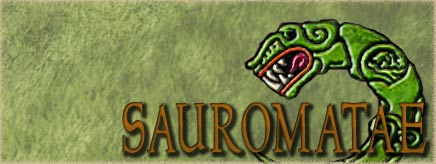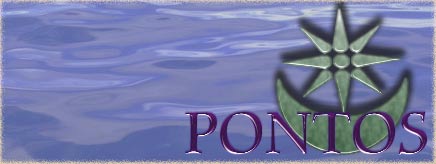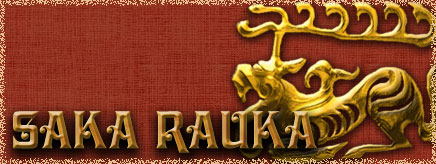Hello,
Just wanted to ask who made the search for lugionnes history.
And wanted to ask, what is the future of this faction ? Will lugionnes have reforms and cities with walls or will it be like this? thnx
Just wanted to say That i am lithuanian myself and descriptions about them isn't very true ;)



 Reply With Quote
Reply With Quote







Bookmarks